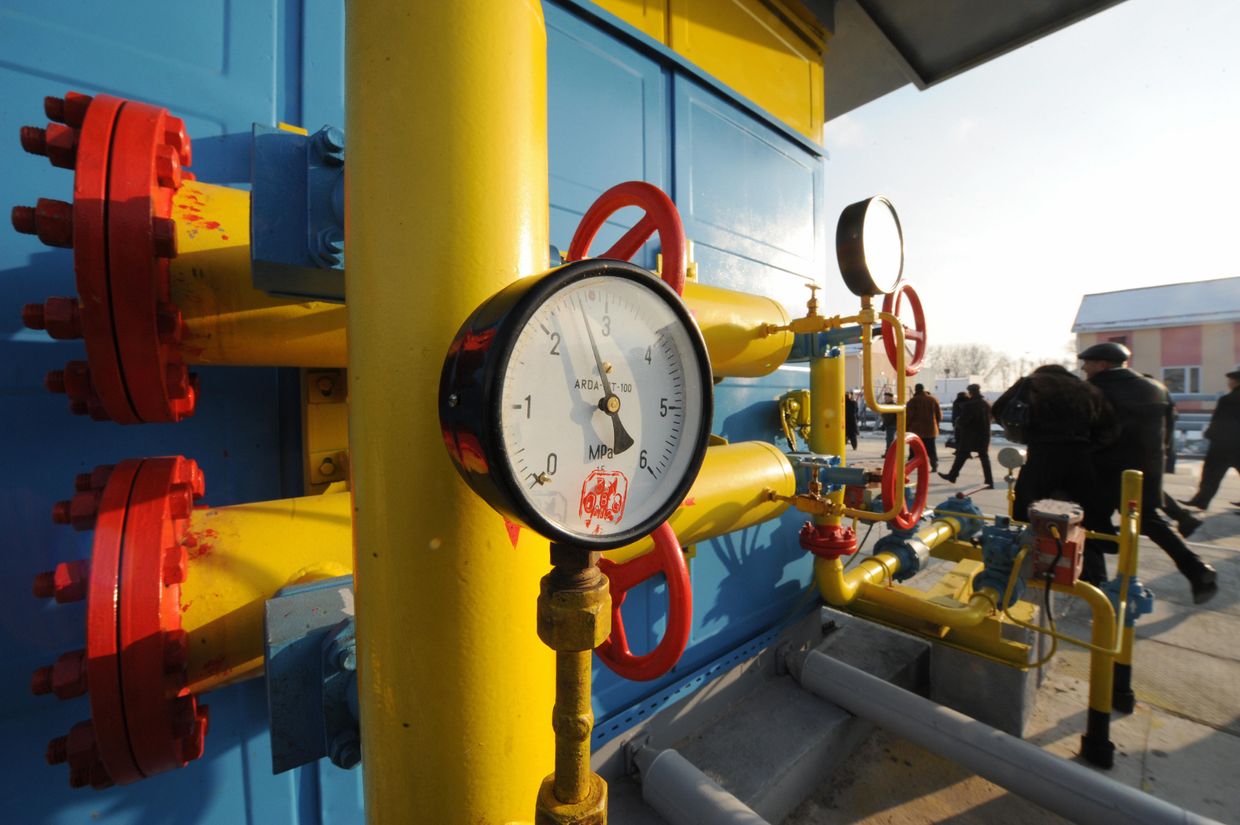Trudeau to resign as Prime Minister, party leader, to stay in office until replacement selected

Canadian Prime Minister Justin Trudeau announced on Jan. 6 that he will step down as leader of the ruling Liberal Party but remain in office until the party selects a new leader.
Under Trudeau’s leadership, Canada has been a strong ally of Ukraine, providing 19.5 billion Canadian dollars ($13.5 billion) in assistance, including 4.5 billion Canadian dollars ($3.1 billion) in military aid.
"This country deserves a real choice in the next election, and it has become clear to me that if I’m having to fight internal battles, I cannot be the best option in that election," he said.
Trudeau has faced mounting pressure from his party, particularly after the abrupt resignation of Deputy Prime Minister and Finance Minister Chrystia Freeland on Dec. 16.
Public support for the prime minister has waned over the past year, and the opposition Conservative Party, led by Pierre Poilievre, has consistently outperformed him in polls.
The next federal election is scheduled for October 2025, but a snap election may occur as opposition parties have pledged to bring a no-confidence vote when parliament reconvenes on Jan. 27.
Trudeau made history as Canada's youngest Prime Minister when he was elected in 2015. As a hereditary politician, he is the son of Pierre Trudeau, who held the office from 1968 to 1979 and again from 1980 to 1984.













